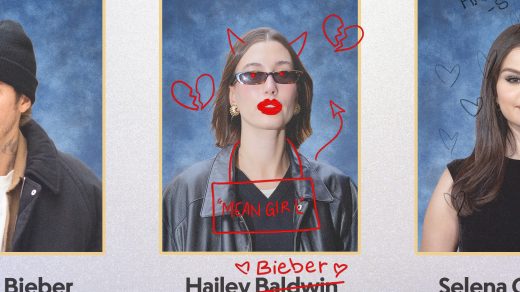I remembered Dave. Dave, or David, one of my acquaintances. Dave was tall. He played basketball. Fan of Twilight. He was in Team Edward same as me. And that’s all I knew about Dave. And I liked to know Dave that way. But one day, I checked my facebook page, and I saw his compact face squeezed in a small circle with two little puppies on the list of ‘friends you might know’. Davidson Chen? Thirty years old? I thought he just always forgot to shave in the morning. Father of two kids? Divorced? Whew.
That ‘Whew’ is something interesting to me. It describes my reaction , not to Dave himself, but to the description about Dave to be more exact. It said I was surprised to few lines of information and data. These numbers and words told me a story about Dave. And I whew-ed to it. And I wonder the relationship of me and these information displayed on such digital media. How I experience digital media or now to be more specific, these code-based translation of a real person and the ‘content’ of him through the aid of media technology via digitalization or computation.
If I want to figure out the whole process of production of that ‘whew’, instead of studying the respiratory system of my vocal cord (of course it is a way, biologically), I might want to see the mechanism underlying my stimuli of that whew which came from the information I read on the interface. How a digital media is designed and made able to become the medium on which meanings could be loaded. And more importantly, users’ acceptance of this mechanism. When we interact with the interface of digital media, in fact we as readers are asked to follow the pre-programmed procedure and share the non-objectively existing association with it. So as a user, I first have to accept the logic of digital media, share the arbitrariness of its semiotic system and then I could utilize it. And it is this acceptance that contributes to the following meaning-assigning tasks. It is the acceptance from me that I recognize Dave’s information is meaningful on facebook page. Digital media allow this conceptual transferring, from information of a real person to the interface on my mobile phone or laptop, trans-coding from a human layer into a computer or digital layer. And therefore we as audience or users could decode the data and react to it. The experience of using digital media is based on my acceptance and recognition to its identity and function. The interactivity of digital media is comprised of the coding of the programs and users’ decoding. We send a picture into this trans-coding process, hoping the picture come out with avoidance of being distorted or low-quality so that someone could read it clearly.
Though sometimes information are lost. Just took Dave as an example again. I only knew Dave is ‘divorced’. Is the word choice on the scroll-down word list exact and specific enough to describe Dave’s marital status? Is the picture of Dave same as the face I saw him this morning? If there is information lost during the process of digitalizaiton, is my ‘whew’ to Dave still a legit ‘whew’? Though it might seem problematic due to the fact that the principle of using digital media is to accept its coding system and accept this incomplete interactivity, we live quite a okay life using digital media on a maybe 15-minutely basis. As we trans-code a image or photo which should carry a ‘continuous’ meaning into some discrete data in the form of digital media, the inevitable loss of information occurs. However, the convenience of automation is still prevailing to we this generation. Just like me, I seldom complain my experience of using digital media with a down mood mumbling to myself ‘ oh my lord my true self is lost by 0.02 % again’.



Hi Quann,
What an interesting read! By looking so closely at how profiles and human identity is constructed by following the tools of a program, its natural to consider what information is lost. That being said, I have never stopped to think about it very seriously. Indeed as you pointed out, to take a continuous version of yourself and compile it in a discrete source of information would have to affect your understanding of the self in some way. (I liked the bit at the end of losing 0.2% of yourself with every post.)
I also really liked that you started with something personal and tied it to your topic in a very natural way. Because of that it was a pleasure to read.
The were some places where the sentences felt a bit awkward or incomplete, and although I understood what you were getting at, some information or points might have been lost. Though that is just my personal view.
Thank you again for this interesting work! I hope we will be able to discuss it more in class 🙂
Anna